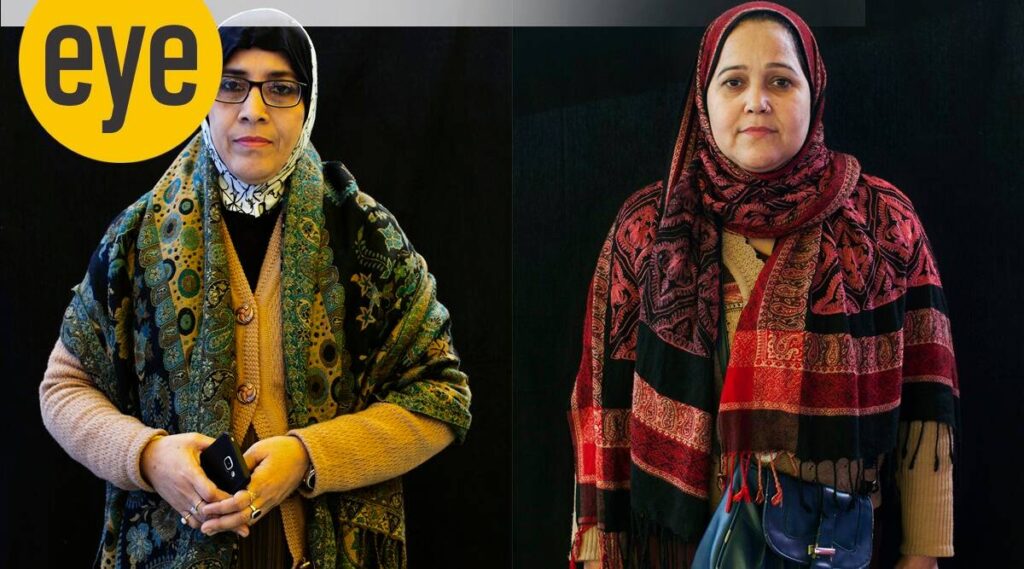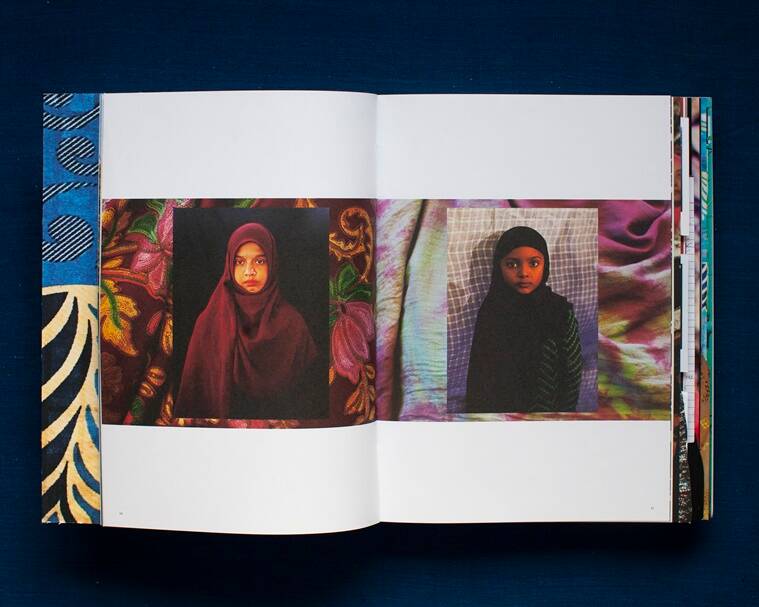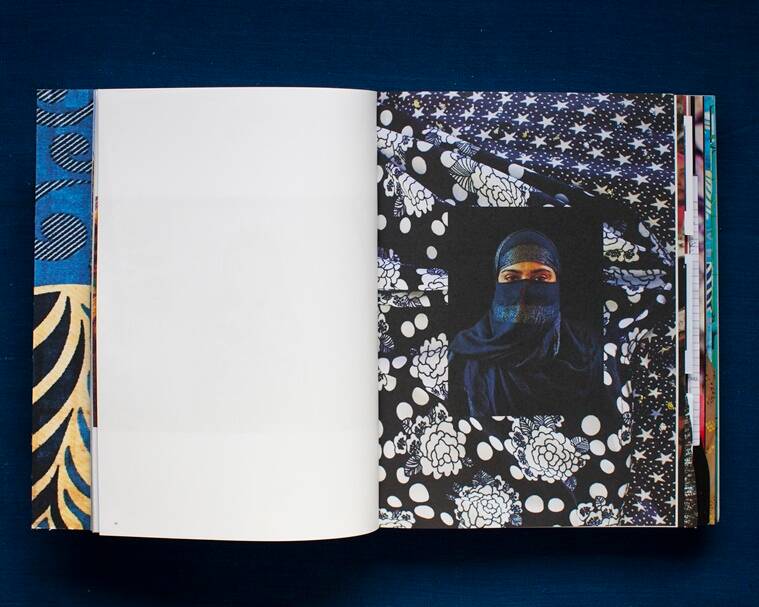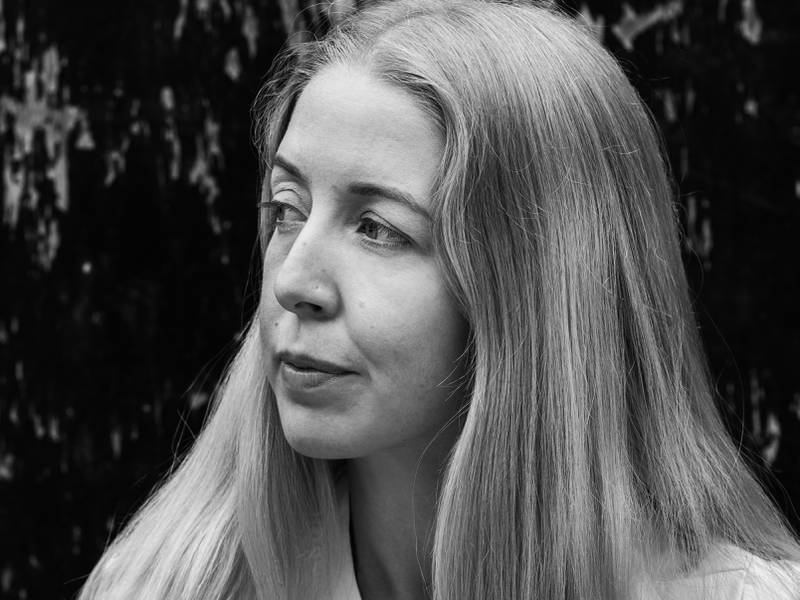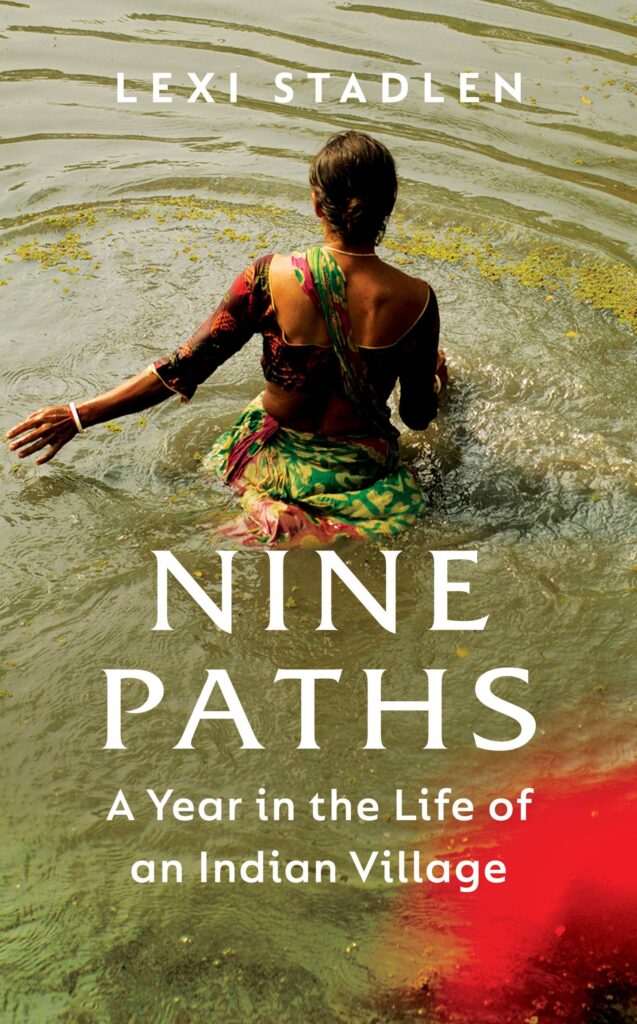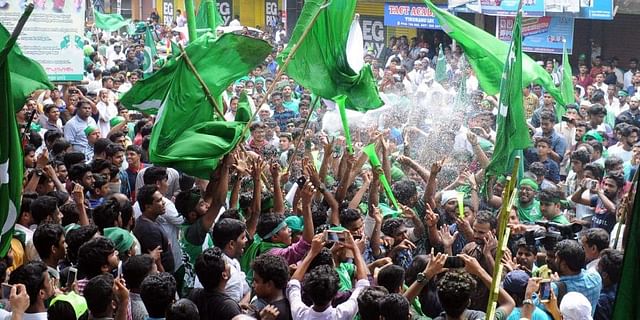Marakkara (Malappuram District), KERALA :

There’s no stopping Jumaila Haris, a 38-year-old mother of three who is on a path-breaking journey of exploring and teaching heavy vehicle driving, reports Vishnuprasad K P.
Malappuram :
At 38, Jumaila Haris is on a mission to explore a new path. Well, not just to find a way forward in her life. Rather something that would break barriers and inspire women to unshackle themselves.
A mother of three, she recently obtained a heavy vehicle licence. Her next target is driving tanker lorries. And she wants to help fellow women improve their driving skills. The Marakkara resident has already set that process in motion in her area.
“I used to commute on private buses during my school days. The one thing that amazed me was the manner in which the mighty vehicles were controlled by the drivers. I made up my mind then that I would drive these big vehicles one day,” Jumaila says.
However, she had to wait two decades before her dream could be realised. “Some women believe marriage ends their freedom to strive towards their goals. But if you find a supportive life partner, marriage is not going to be a barrier in pursuing your dreams,” she says.
Putting her knowledge to good use, Jumaila has started helping other women gain the confidence required to take control of the steeringwheel in any condition. “Many women obtain driving licences after picking up the skills from a driving school. However, they won’t be able to drive through narrow roads, hilly areas, and roads that are chock-a-block. After completing training, they give me some fees that they are capable of providing. I am planning to help more such women,” she says.
She is set to apply with the motor vehicles department to acquire a licence to drive tanker lorries. “Driving tanker lorries will help me improve my skills further,” she says.Jumaila married Onathukkattil Haris in 2000. For the past six years, she has also been working as a volunteer at the palliative care centre under CH Centre, Marakkara.
She obtained a four-wheeler licence in 2009. “My husband was working in the Gulf. So I had to manage the family affairs mostly by myself. My driving skills helped me in many ways as I could move around on my own. I was also able to take the elderly people in my family to hospitals. Also, I doubled as a driver of the palliative centre when the regular driver went on leave,” she says.
Jumaila has three daughters, Fathima Rinsha, Fathima Gazal and Ayisha.
source: http://www.newindianexpress.com / The New Indian Express / Home> Good News / by Vishnuprasad KP, Express News Service / July 03rd, 2022
